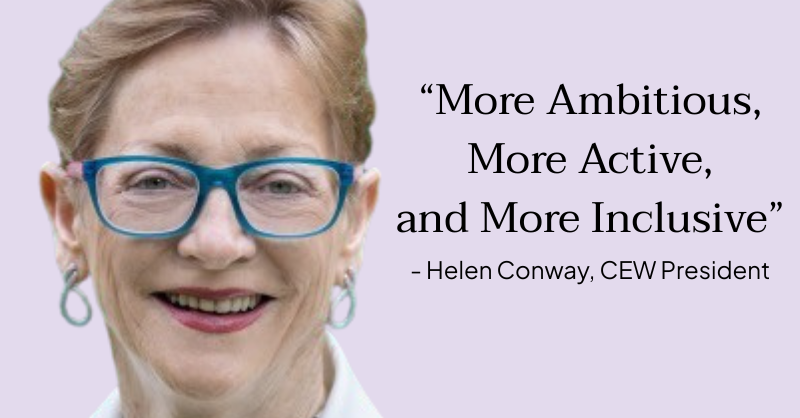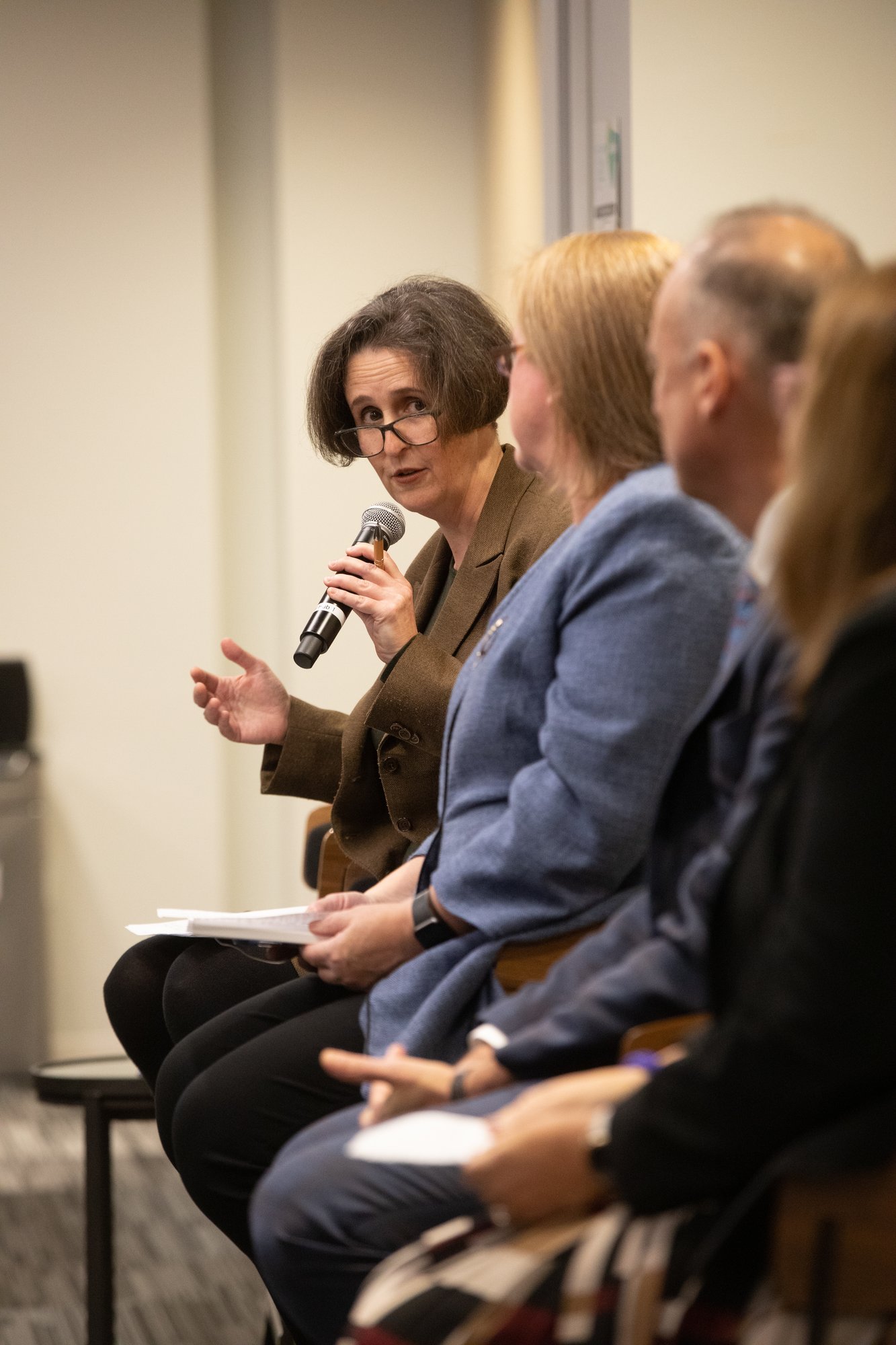ACCELERATING GENDER EQUITY BY 2030
Contributing to an environment where women thrive by removing barriers for systemic change.

LEADERSHIP DEVELOPMENT
WOMEN'S LEADERSHIP FOR AN EQUITABLE AUSTRALIA
CEW offer a range of programs and scholarships to create high-impact opportunities at both personal and organisational levels, transforming leadership capabilities and advancing women into executive roles.







